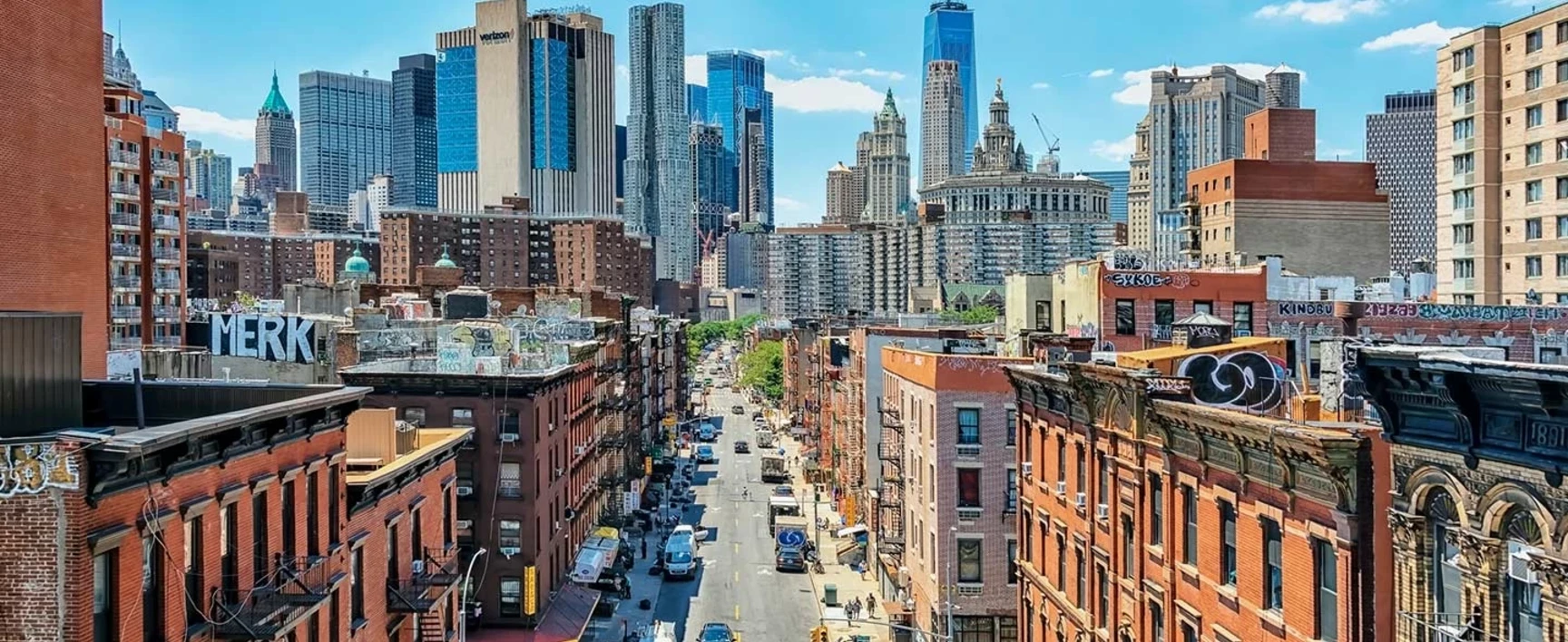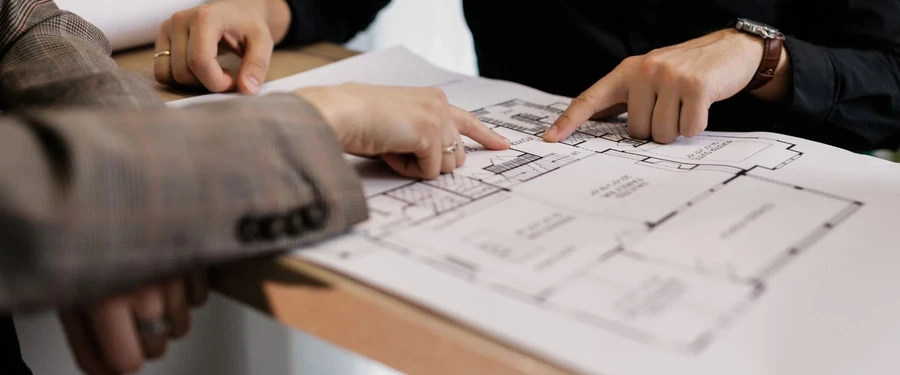Tenant Protection Plan - What you need to know to protect your residents in NYC while performing construction.
The 2022 New York City Building Code update made a significant change to the Department of Building’s Tenant Protection Plan (TPP) requirements to include a special inspection requirement. Currently, the 2014 New York City Building Code requires a Tenant Protection plan when work is planned in a building containing occupied dwellings and now will require inspections by a third party to ensure that construction work is being conducted in accordance with the filed TPP.


What is a TPP?
A Tenant Protection Plan (TPP) is a series of notes that outline means-and-methods requirements a contractor must follow to ensure safety and reduce the inconvenience caused by construction for residential occupants. Occasionally, sketches may be provided with the TPP to illustrate any temporary alterations provided under the TPP, such as creating work area partitions.
Who can file a TPP?
Per 28-120.1 of the New York City Administrative Code, the TPP is to be prepared and filed by a New York State licensed architect or engineer hired by the contractor responsible for work. Once filed, the TPP is accepted by DOB and is not subject to plan examination or other technical review. The engineer or architect responsible for the TPP is not permitted to be the same engineer or architect responsible for the corresponding construction plans, with the following exceptions:
- Work in occupied one or two-family homes (Not multiple dwellings, which have three or more families), or
- Work limited to the interior of a single dwelling unit that is owner-occupied (condos and coops)
Who can perform the inspections required?
The requirement to have a third party registered design professional file the TPP was incorporated by Local Law into the prior 2014 Code. The 2022 Code allows special inspections to be performed periodically to ensure that ongoing work is in accordance with the TPP.
The newly added 2022 Building Code section (BC) 1705.26 outlines requirements for the TPP inspection. Important to keep in mind that the lead text of BC 1705.26 only applies the TPP inspection requirements to multiple dwellings, which in New York City covers any building with more than two “families” defined under NYS Multiple Dwelling Law. BC 1705.26 does not mention 1-2 family homes, so those may be considered exempt from conducting TPP inspections (but must still file a TPP). The administrative qualifications for TPP special inspection are the same as other inspections, so any special inspection agency endorsed by DOB to perform TPP inspections can conduct them, and all special inspection agencies must be led by NYS licensed engineers and architects. Notably BC 1705.26 does not preclude the design professional responsible for the plans, or the design professional responsible for the TPP, from performing the special inspection. In addition, the following work may be considered excepted from TPP special inspections, but must still file a TPP:
- A three-family home, or
- Work limited to the interior of a single dwelling unit that is owner-occupied (condos and coops), or
- The interior of a single dwelling unit of an occupied multiple dwelling three stories or less in height
When are the inspections required?
TPP inspections must be conducted by the Special Inspection Agency at the following frequencies:
- Prior to the start of work to document existing conditions
- At the start of construction and/or demolition
- Once per week during construction and/or demolition
- After a TPP violation has been issued
- Changes to the location and scope of the “area of work” – the area established by the engineer or architect that limits the scope of the construction work as shown on filing plans.
- Whenever construction or demolitions operations change, requiring changes in methods of protection.
What type of records are required?
For reporting, the Special Inspector must create and maintain a log. The log must have entries for all the required inspections listed above and the log is to indicate where if its being performed in accordance with the tenant protection plan. Copies of the TPP special inspection log shall be maintained at the job site, and at the office of the special inspector. Copies must always be available for use and review until the work subject to the TPP special inspection is completed. Ideally, the TPP inspections log should be kept with approved plans, permits, and other documentation subject to frequent DOB site safety inspections.
What enforcement actions may the DOB take?
Special Inspectors are subject to the same enforcement actions as for all other special inspections, so failure to properly conduct and record them may result in the loss of filing privileges with DOB, or risking loss of their Special Inspector license, or in the most extreme case facing a ban on filing any paperwork with the DOB altogether. For other violations related to TPP filings, the penalty schedule per 1 RCNY 102-01 (Rules of the City of New York), are as follows:
- Failure to file TPP (almost impossible in the post-DOB NOW era, where they automatically trigger on all filings in multiple dwellings): $10,000 standard penalty, up to $25,000 maximum,
- Failure to post or distribute notice of TPP in common areas of the building (lobbies): $1250 standard penalty, up to $10,000 maximum
- Posting substandard TPPs that don’t meet basic requirements: $625 standard penalty, up to $10,000 maximum
- Failure to notify the department prior to the start of work requiring a TPP (Rare, as these automatically trigger for DOB NOW filings): $1250 standard penalty, up to $10,000 maximum.

Talk to our Experts
Need assistance with TPP filings and special inspections?

You may also like

Get the latest updates about SOCOTEC, subscribe to our newsletter!
Get the latest updates about SOCOTEC, subscribe to our newsletter!








